Inside Donald Trump’s plan to ‘wage war’ on Mexican cartels if re-elected as US President
Donald Trump is already plotting how he would “wage war” in a bid to quash America’s fentanyl crisis if he wins the election. But there’s one big issue.
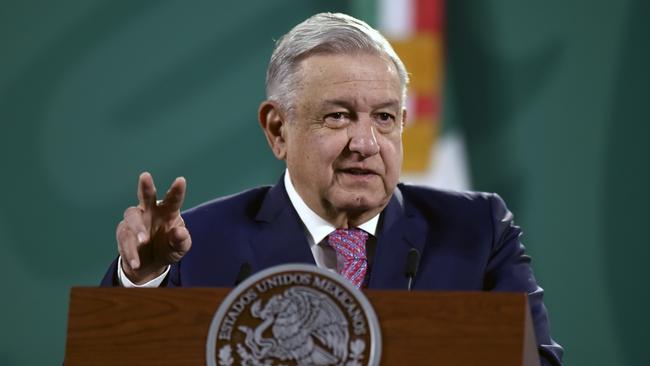
World
Don't miss out on the headlines from World. Followed categories will be added to My News.
Donald Trump was surrounded by advisers in the Oval Office, debating how to respond to the fentanyl crisis in the US, when the idea of military intervention was raised.
He turned to Brett Giroir, a square-jawed man in uniform, who reportedly suggested putting “lead to target” – attacking the Mexican drug cartels with American firepower.
The idea stuck with the president. At least twice after that, Trump asked defence secretary Mark Esper about launching missiles to “destroy the drug labs” and wipe out the cartels.
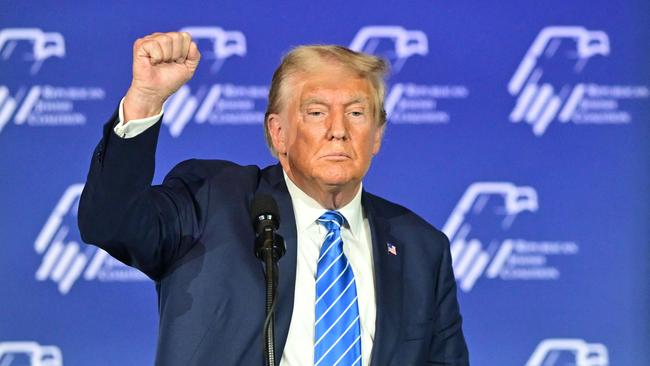
While Esper talked him out of it, a re-elected Trump may not be so easily restrained. The frontrunner for the 2024 Republican nomination has promised to “wage war on the cartels” with special forces-led military action in Mexico.
Polls show it is one of his most popular policies, one matched by rivals including Nikki Haley and Ron DeSantis, who says he would send in the troops on “day one”. In Washington, Republican politicians are already drafting laws to authorise the use of military force.
The irony of all this is that Giroir, who apparently planted the seed with Trump, is not a military chief. He may have been wearing his dress uniform in the Oval Office, but that was because he was a four-star admiral in the US Public Health Service Commissioned Corps.
It is the fateful case of mistaken identity that may turn the war on drugs into a very real war.
And that, according to Trump’s ambassador to Mexico Chris Landau, is a very bad idea.
During his time on the frontline, Landau reveals military alternatives were “always potential options” for Trump, a reflection of what he says is the “very deep-seated frustration” with the failure of anti-cartel policies on both sides of the border.
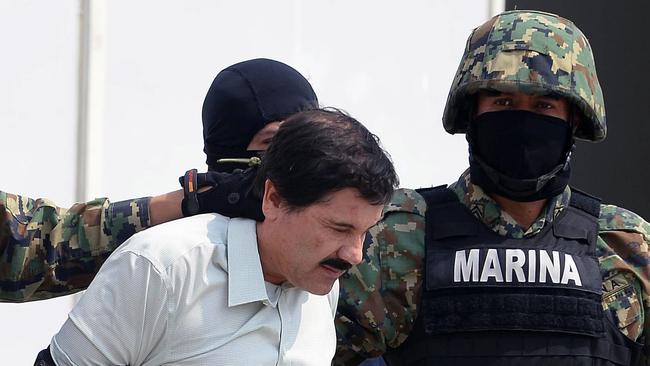
A record 111,000 Americans died from a drug overdose in the latest 12-month period, mostly from fentanyl, the opioid that is 50 times stronger than heroin. It is manufactured in Mexican drug labs with Chinese chemicals and trafficked across the US.
“We’ve not been on a good trajectory for many years now, and there’s really no indication things are going to get better,” Landau says.
Nevertheless, he argues military action should be “the very last option when everything else has failed”, saying it is “ridiculous” and a “fantasy” to suggest it could solve the drug crisis.
“I think that it is sexy and it gives people satisfaction that they are actually doing something,” Landau says.
“But this is a much bigger problem than simply catching some bad guys in Mexico, and yet 90 per cent of our efforts, I would say, go precisely into catching bad guys in Mexico.”
Antonio De Loera-Brust, a former special assistant to US Secretary of State Antony Blinken, is even more damning, calling the proposals “among the most counter-productive, harmful, and just plain dumb foreign policy ideas ever entertained in the discourse of the nation that brought us strategic masterstrokes such as invading Iraq”.
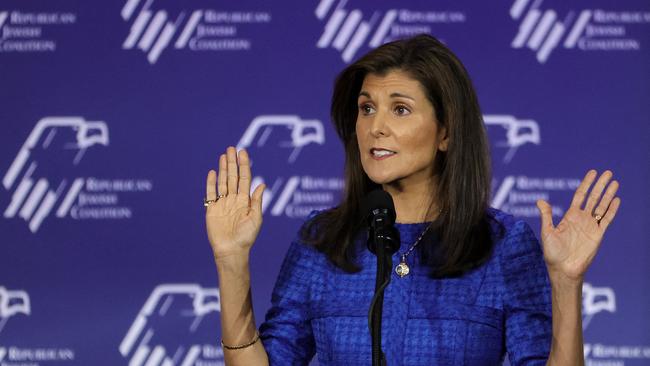
The biggest problem is that, without Mexico’s support, striking the cartels would be an act of war. And Mexican President Andrés Manuel López Obrador vehemently opposes the idea.
“They insult us, but one shouldn’t take them too seriously,” he said of Trump and his Republican colleagues in August, suggesting they were merely seeking publicity.
But López Obrador’s “hugs, not bullets” policy has won him no friends in the US, as he has sought to blame the “disintegration of families” for America’s drug problems while stepping back from previous cartel crackdowns that had bloody consequences.
Landau says while prominent Republicans are “scapegoating Mexico”, López Obrador’s administration must do more to stem the production of illicit drugs.
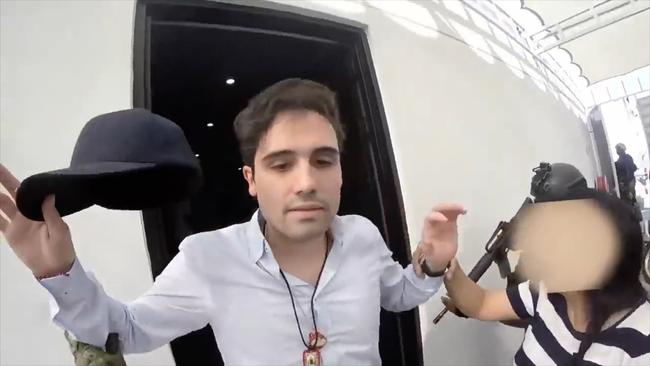
He says there is also “plenty of fault to go around on our side of the border”, including the lack of progress on reducing drug demand, breaking up US trafficking networks, and preventing the flow of money and weapons into Mexico.
In that vein, another popular idea among Republicans is listing the cartels as terrorist organisations. Javed Ali, a former counter-terrorism senior director at the White House National Security Council, suggests that could have a “very powerful impact”.
Ali, now an associate professor at the University of Michigan, says it would allow the charge of providing material support to be used to dismantle the cartels, as it was in the post-9/11 crackdown on Islamic terror groups.

While President Joe Biden has not entertained such options, there are signs his approach is helping. The Wall Street Journal recently reported the Sinaloa cartel – the biggest fentanyl exporter to the US, run by the family of imprisoned drug lord Joaquín “El Chapo” Guzmán – had stopped producing the opioid because of American pressure.
Guzmán’s son Ovidio was captured earlier this year in a major operation.
But Biden’s failure to secure America’s southern border has allowed record numbers of migrants to cross, accompanied by an influx of illegal narcotics. It is one of his most glaring political weaknesses which Trump – his likely rival next year – is desperate to exploit.
With the polls putting him neck-and-neck with Biden, it seems he is succeeding.
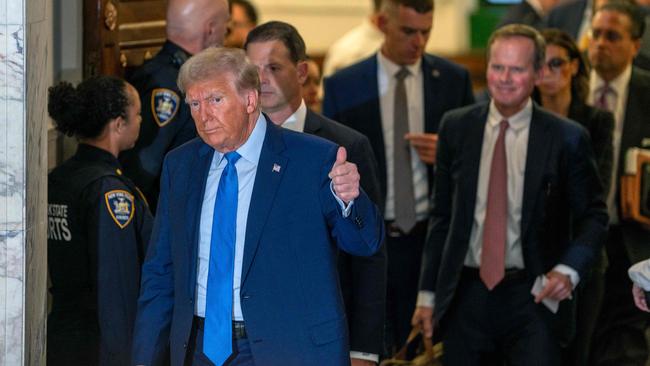
So would a re-elected Trump really go to war in Mexico? Landau treads carefully, although he does make this point about his old boss.
“If talking about military strikes makes everyone realise that we are deadly serious about results … that’s something that is very important,” he says.
“People understand he means business, and so people don’t mess with him … He is willing to actually break from the established norms that have led us to where we are today.”





